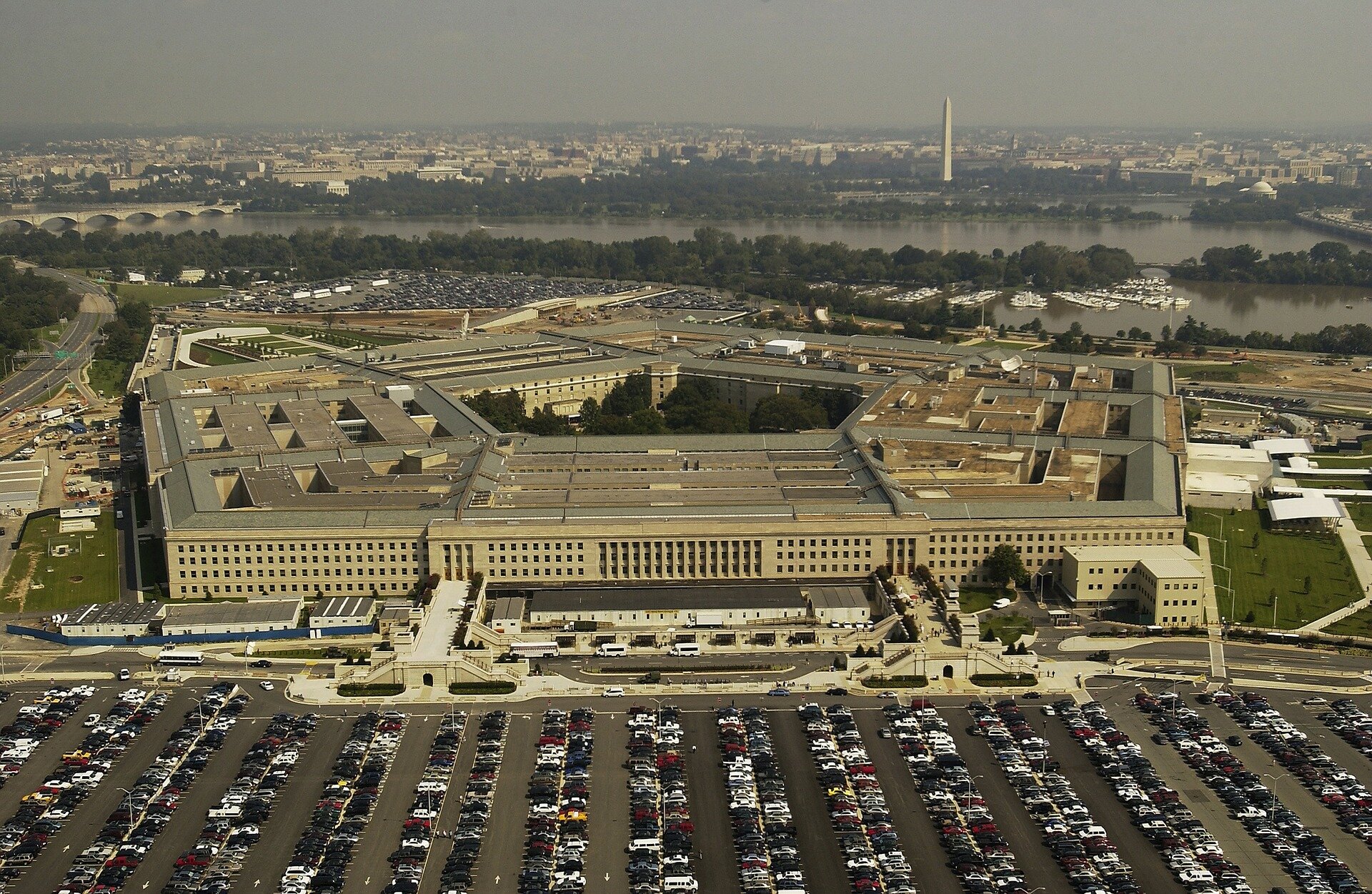PICTURED: “Between Chinas”: an ISS image of the Taiwan Strait at 110 miles width. PC: Stuart Rankin. CC 3.0.
WASHINGTON D.C., October 21st, 2021. House Democrat Elaine Luria (D – VA) wants to give Joe Biden the authority to use the United States Armed Forces to repel an invasion of Taiwan by the Chinese.
The progressive wing of her party feel the dangers of another open-ended Authorization for the Use of Military Force (AUMF) have already been aptly demonstrated by the failed invasions of Afghanistan and Iraq, while the centrists feel it’s the appropriate response to recent tensions around the nation-not-nation, ally-not-ally, of Taiwan.
Introducing the Taiwan Invasion Prevention Act, Luria is following up on recent statements made by the President that introduced a new state of play into the affairs of the U.S. in the region, namely that after 20 years of Americans dying and spending big in overseas conflicts, and with a debt reaching 100% of GDP, we absolutely will go to war over a tiny country, which the U.S. doesn’t officially recognize as a country, on the other side of the globe.
When asked if the U.S. military would be ordered to the defense of Taiwan, President Biden said “yes, we have a commitment to do that,” at a CNN town hall.
“I don’t want a cold war with China. I just want China to understand that we’re not going to step back, that we’re not going to change any of our views,” he later added.
“That’s an unfortunately common U.S. stance to take, not wanting a war but ruling out any discussions or flexibility to avoid one,” said Jason Ditz, writing for Antiwar.com on the subject.
“A policy of ambiguity may not be the most emotionally satisfying for DC hawks, but it’s working,” said Matt Duss, a senior aide for Senator Bernie Sanders. “The dangers of creating another open-ended war authorization should be obvious”.
That old chestnut
Luria, a 20-year Navy veteran and vice-chair of the House Armed Services Committee, sees in her bill the solution to a legal conundrum that has typified other concentrations of military authority in the past, and it involves the question of time.
“The legal limitations on a president’s ability to respond quickly could all but ensure a Chinese fait accompli. Simply put: The president has no legal authority to react in the time necessary to repel a Chinese invasion of Taiwan and deter an all-out war,” wrote Luria, ignoring the fact that if Taiwan were already overrun with Chinese military forces, there’d be no point in intervening.
This was the same rationale with concentrating the nuclear forces power in the president’s hands, during the Cold War, a power each president has maintained until this day.
By the time Congress could convene and grant the president power to launch a nuclear strike, the Soviet Union would have already done so, as the thinking went at the time, and our civilization would have either already ended, or been thusly minutes away.
It’s worth asking why is this question of time relevant to the matter of Taiwan. The Taiwan Strait is 110 miles wide, giving just minutes for the Taiwan military forces to react should missiles targeting their military infrastructure and island defenses be struck.
By contrast the Philippines, Japan, South Korea and Saipan are thousands of miles away, and even they are merely overstretched arms of the U.S. overseas presence. Camp Humphry, the largest American overseas base, in South Korea is still thousands of miles away, and requires skirting Chinese airspace the whole way if one were to send carriers or jets to defend Taiwan.
The reality is that without a garrison of significant strength on the island itself, no amount of presidential authority will be able to stop the Chinese should they truly desire to invade and re-unify China.
However another major problem is simply the wording of the proposed legislation, in which no mention whatsoever of America’s interest in combating a nuclear-armed power can be found. There’s mention of “grave concern” over impacts like “boycotts,” but not one mention of the planet-destroying armaments possessed by both sides.
There’s plenty of detail about how much more Taiwan should spend on its military capabilities, and how much more trade we should have with them, but nothing that should suggest to the American voters that this regional disagreement between two factions within one nation is at all relevant to national security above the threat of nuclear war between the U.S. and China.


